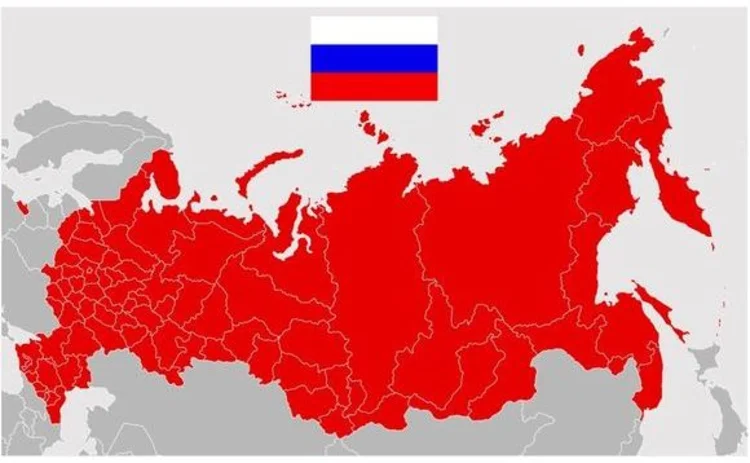IPC Adds Moscow to Network

Trading communications platforms provider IPC Systems has extended its voice and electronic connectivity services (ECS) to Moscow and across Russia.
The vendor, in conjunction with its local partners Statel and Cable&Wireless Worldwide, has built a platform to provide its suite of trader voice and electronic connectivity services to Russian trading firms.
Officials say the initiative was driven by growth in trading and increased market data demands from firms in Moscow in particular. The network upgrade will be supported by a new point-of-presence (PoP) in the Russian capital.
Russian firms will gain direct access to IPC's global financial community of more than 4,000 market participants, as well as connect to more than 50 liquidity venues around the world.
Richard Petrie, vice president of network operations EMEA for IPC Systems, says that along with Turkey, the United Arab Emirates (UAE) and South Africa, Russia represents one of the fastest-emerging and highest-performing markets in EMEA and the vendor had been planning the upgrade into Moscow for some time.
Only users who have a paid subscription or are part of a corporate subscription are able to print or copy content.
To access these options, along with all other subscription benefits, please contact info@waterstechnology.com or view our subscription options here: https://subscriptions.waterstechnology.com/subscribe
You are currently unable to print this content. Please contact info@waterstechnology.com to find out more.
You are currently unable to copy this content. Please contact info@waterstechnology.com to find out more.
Copyright Infopro Digital Limited. All rights reserved.
As outlined in our terms and conditions, https://www.infopro-digital.com/terms-and-conditions/subscriptions/ (point 2.4), printing is limited to a single copy.
If you would like to purchase additional rights please email info@waterstechnology.com
Copyright Infopro Digital Limited. All rights reserved.
You may share this content using our article tools. As outlined in our terms and conditions, https://www.infopro-digital.com/terms-and-conditions/subscriptions/ (clause 2.4), an Authorised User may only make one copy of the materials for their own personal use. You must also comply with the restrictions in clause 2.5.
If you would like to purchase additional rights please email info@waterstechnology.com
More on Trading Tech
Ram AI’s quest to build an agentic multi-strat
The Swiss fund already runs an artificial intelligence model factory and a team of agentic credit analysts.
Fidelity expands open-source ambitions as attitudes and key players shift
Waters Wrap: Fidelity Investments is deepening its partnership with Finos, which Anthony says hints at wider changes in the world of tech development.
Market-makers seek answers about CME’s cloud move
Silence on the data center’s changes has fueled speculation over how new matching engines will handle orders.
SGX to modernize data lake
The work is part of the exchange’s efforts to enhance its securities trading platform.
Digital employees have BNY talking a new language
Julie Gerdeman, head of BNY’s data and analytics team, explains how the bank’s new operating model allows for quicker AI experimentation and development.
Everything you need to know about market data in overnight equities trading
As overnight trading continues to capture attention, a growing number of data providers are taking in market data from alternative trading systems.
TMX Datalinx makes co-location optionality play with Ultra
Data arm of the Canadian stock exchange group is leveling up its co-lo capabilities to offer a range of options to clients.
NYSE plans new venue, Levy leaves Symphony, and more
The Waters Cooler: MIAX sells (most of) its derivatives exchange, BNY integrates with Morningstar on collateral, and science delights in this week’s news roundup.







